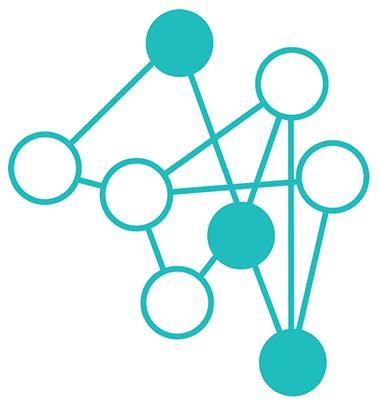AI Enabled Precision Medicine: Patient Stratification, Drug Repurposing and Combination Therapies

Access to huge patient populations with well-characterized datasets, coupled with novel analytical methods, enables the stratification of complex diseases into multiple distinct forms. Patients can be accurately placed into distinguishable subgroups that have different disease causes and influences. This offers huge promise for innovation in drug discovery, drug repurposing, and the delivery of more accurately personalized care to patients. Complex diseases such as cancer, dementia, and diabetes are caused by multiple genetic, epidemiological, and/or environmental factors.
Understanding the detailed architecture of these diseases requires a new generation of analytical tools that can identify combinations of genomic and nongenomic features (disease signatures) that accurately distinguish the disease subgroups. These sub-groups can be studied to find novel targets for drug discovery or repurposing, especially in the areas of unmet medical need and for selecting the best treatments available for an individual patient based on their personal genetic makeup, phenotype, and co-morbidities/co-prescriptions. This chapter describes new developments in combinatorial, multi-factorial analysis methods, and their application in patient stratification for complex diseases. Case studies are described in novel target discovery for a non-T2 asthma patient sub-group with distinct unmet medical need and in drug repurposing in a triple negative breast cancer population.
To view the publication in full, please see https://library.oapen.org/bitstream/handle/20.500.12657/43405/external_content.pdf?sequence=1#page=131.
Sign Up
